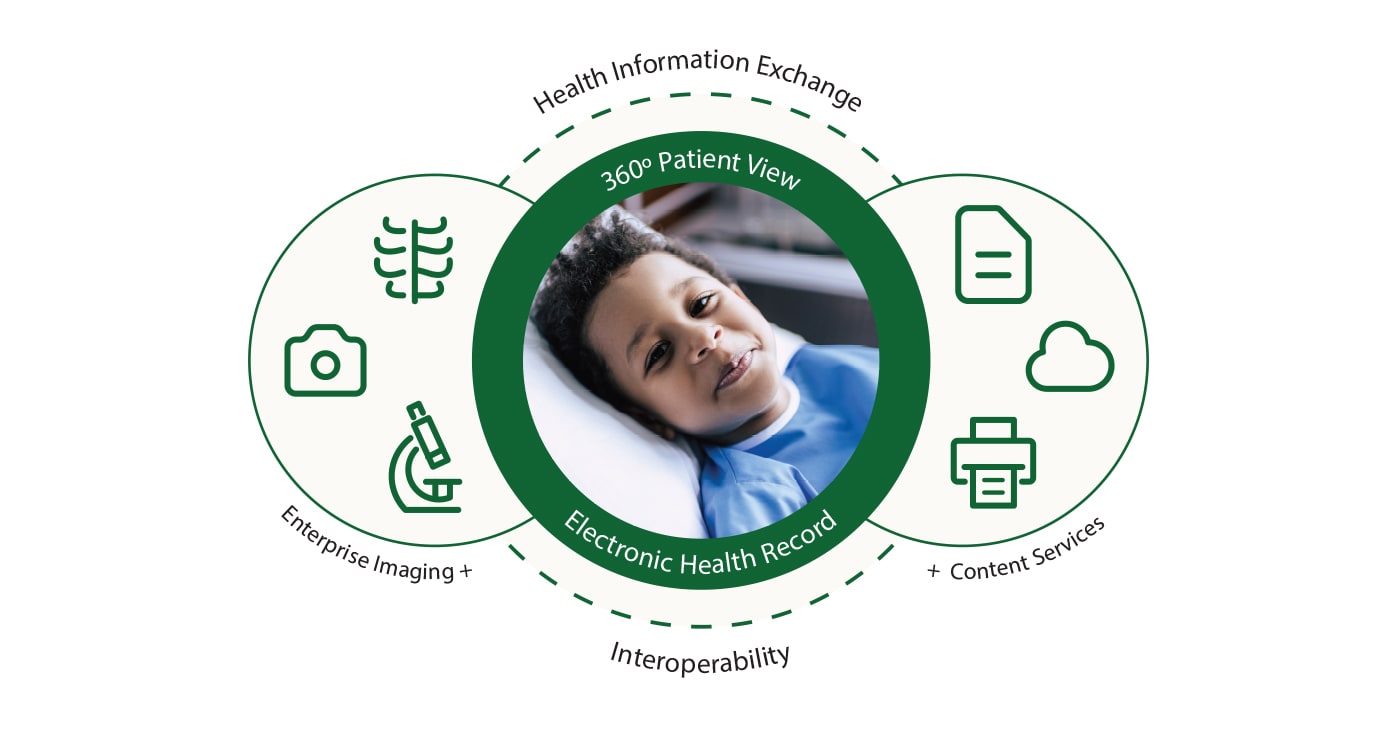Just How to Execute Healthcare RCM for a Smooth Earnings Cycle
Just How to Execute Healthcare RCM for a Smooth Earnings Cycle
Blog Article
Comprehending the Role of Healthcare RCM in Enhancing Economic Efficiency and Person Complete Satisfaction
Browsing the ins and outs of Medical care Income Cycle Management (RCM) is essential for attaining optimal economic efficiency while all at once elevating client contentment. RCM's capacity to simplify payment, ensure accurate coding, and accelerate insurance claims processing stands as a foundation of modern health care procedures. Nevertheless, the nuanced interaction in between these elements warrants a better exam to fully appreciate their influence on both doctor and clients. As we explore the transformative potential of RCM, inquiries regarding its critical execution and future improvements beckon, promising understandings that can redefine industry standards and client experiences alike.

Secret Parts of RCM
In the facility landscape of health care, Revenue Cycle Monitoring (RCM) is crucial in making sure financial stability and functional effectiveness. Individual enrollment and eligibility verification are fundamental actions, making certain that precise patient details is caught and insurance protection is verified before solutions are rendered.

Charge capture is another vital part, involving the accurate recording of services given to clients. It guarantees that all billable services are made up, consequently making best use of profits capacity. Simultaneously, clinical coding translates patient experiences into standard codes, which are vital for payment and regulatory conformity.
Insurance claims entry and management adhere to, entailing the prep work and entry of insurance claims to payers. This procedure needs precise interest to detail to decrease errors and prevent hold-ups. Denial management is a positive technique to solve and resolve denied claims, guarding earnings streams.
Finally, settlement publishing and patient collections complete the cycle, making sure settlements are precisely videotaped and outstanding balances are sought. Together, these components create a robust framework that supports the economic and operational wellness of health care companies.
Effect On Financial Performance
Effective Revenue Cycle Management (RCM) dramatically affects a healthcare organization's financial performance by optimizing capital and decreasing profits leakage. RCM encompasses the comprehensive payment and collection procedures that guarantee doctor effectively handle their monetary deals from client registration to last payment. By improving these processes, organizations can decrease refuted cases, accelerate payment cycles, and boost total financial health and wellness.
Economic efficiency is enhanced via thorough monitoring of invoicing procedures, which includes precise coding and prompt submission of claims. This reduces the probability of insurance claim rejections and rejections, which can dramatically hinder profits circulation otherwise dealt with quickly. Additionally, integrating advanced modern technology services facilitates real-time monitoring of insurance claims and financial metrics, providing medical care administrators with the devices necessary to make educated critical choices.

Enhancing Individual Complete Satisfaction
While optimizing financial efficiency is an essential objective of Income Cycle Management (RCM), it also plays a crucial duty in improving client fulfillment. By reducing administrative problems, RCM permits healthcare service providers to concentrate extra on person treatment, which straight enhances person fulfillment.

RCM likewise boosts client satisfaction through reliable communication. By maintaining a comprehensive data source of patient info, RCM assists in boosted communication between people and health care carriers, making certain individuals really feel informed and valued. This transparency and ease of access foster a favorable person experience. In general, effective RCM implementation not only boosts economic end results but also significantly adds to a patient-centered health care environment.
Methods for Reliable RCM
Accomplishing efficient Earnings Cycle Administration (RCM) needs healthcare organizations to implement a collection of calculated methods that make sure financial security and functional efficiency. One essential technique is the fostering of technology-driven options, such as incorporated software platforms that simplify invoicing processes, decrease errors, and boost data precision. These systems allow real-time tracking of economic metrics, enabling timely identification and rectification of ineffectiveness.
One more technique is the standardization of processes throughout the revenue cycle. Healthcare RCM. This involves establishing basics regular policies for patient enrollment, insurance policy confirmation, and declares handling. By guaranteeing that all staff follow these criteria, organizations can lessen disparities and speed up payment collections
Personnel training and growth additionally play a crucial function in efficient RCM. Trained employees can effectively browse intricate billing treatments and regulations, improving and minimizing rejections capital. Normal updates on policy adjustments and finest practices aid maintain a competent and educated workforce.
Future Trends in RCM
As medical care organizations enhance their Profits Cycle Administration (RCM) methods with technology and standard procedures, attention is currently turning in the direction of the future fads shaping this crucial location. One considerable pattern is the assimilation of fabricated intelligence (AI) and artificial intelligence to automate complicated tasks, such as claims processing and predictive analytics. These modern technologies are expected to decrease errors, increase purchase times, and supply data-driven understandings for better decision-making.
Furthermore, the shift in the direction of value-based treatment remains to affect RCM techniques - Healthcare RCM. Doctor are expected to significantly concentrate on client results and fulfillment, necessitating RCM systems that can accommodate brand-new reimbursement versions. This shift will call for more detailed data collection and evaluation to effectively report and gauge on performance metrics
Interoperability is one more arising top priority, as seamless information exchange between inconsonant systems comes to be important. Boosted interoperability will certainly assist in more exact patient information sharing, lowering management burdens and enhancing the individual experience.
Conclusion
Medical Care Profits Cycle Monitoring (RCM) considerably affects both financial performance and person complete satisfaction by maximizing invoicing processes, making sure precise coding, and allowing timely cases submission. Effective RCM reduces income leakage and accelerates cash money flow, lowering insurance claim denials and accelerating repayments.
Browsing the details of Health care Revenue wikipedia reference Cycle Monitoring (RCM) is essential for attaining ideal financial performance while simultaneously boosting client fulfillment. RCM includes the thorough payment and collection processes that make sure health care service providers efficiently manage their economic purchases from person enrollment to final payment. By minimizing administrative problems, RCM enables health care service providers to concentrate much more on individual care, which straight improves client contentment.
By keeping a thorough data source of client information, RCM assists in improved communication between patients and medical care carriers, making certain individuals feel notified and valued.Healthcare Profits Cycle Administration (RCM) dramatically affects site both financial efficiency and person complete satisfaction by enhancing billing processes, guaranteeing precise coding, and allowing prompt cases entry.
Report this page